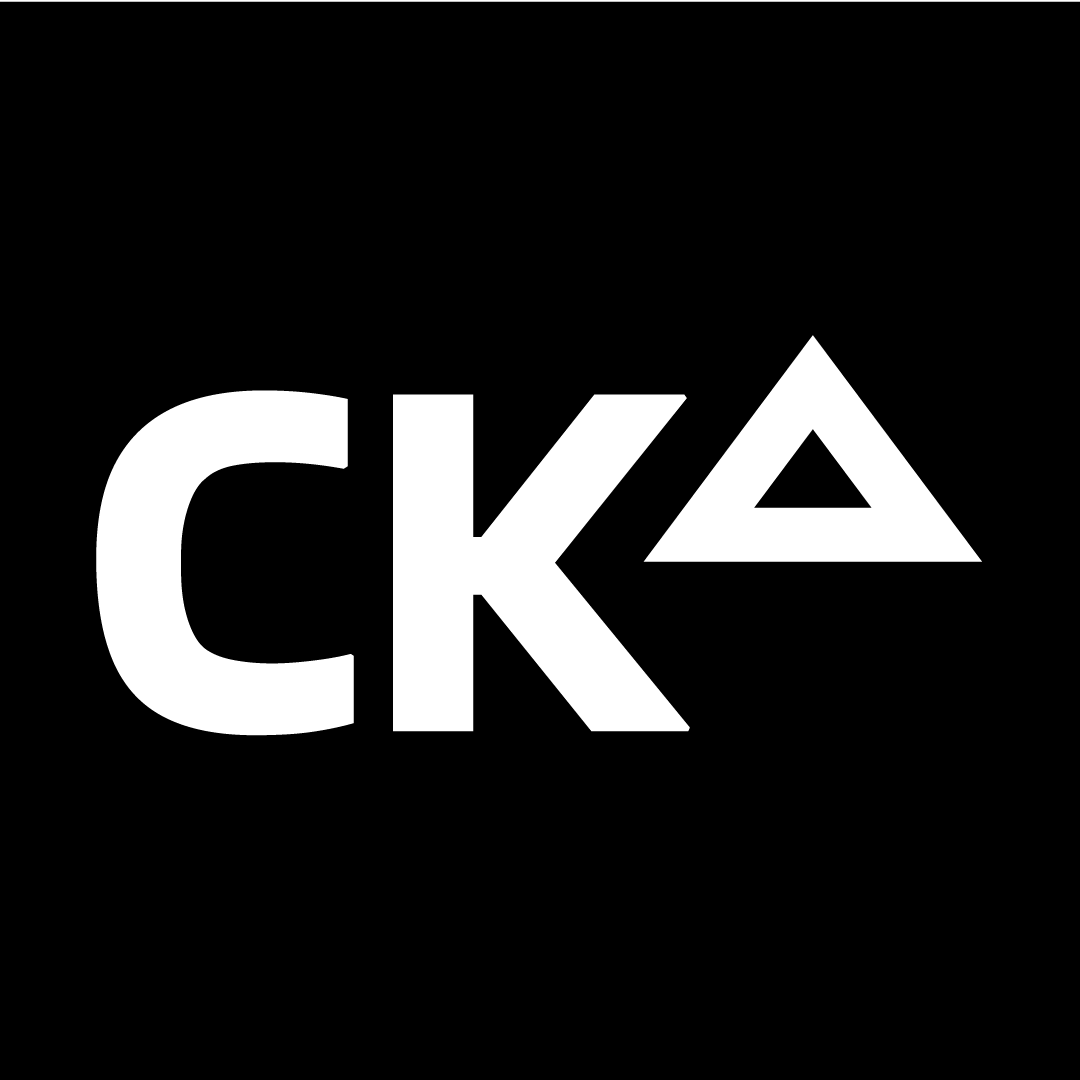The European Sustainability Reporting Standards (ESRS) are an integral part of the Corporate Sustainability Reporting Directive (CSRD) of the European Parliament and the Council. This means it’s mandatory for businesses to report on a broad range of sustainability topics and obtain limited assurance over their compliance with the sustainability reporting standards.
The European Green Deal aims to transform the EU into a modern, resource-efficient and competitive economy. A series of proposals to deliver the green deal include:
- No net emissions of greenhouse gases by 2050
The European Commission has adopted a set of proposals to make the EU's climate, energy, transport and taxation policies fit for reducing net greenhouse gas emissions by at least 55% by 2030, compared to 1990 levels. - Economic growth decoupled from resource use
“Dematerialisation” is based on maintaining economic input while using less energy, material, land and water resources to achieve the same results. “Impact decoupling” is a step beyond this where you reduce negative environmental impact but increase economic input. - No person and no place left behind
A concept to create a “fair” transition to an environmentally sustainable economy. Member states are required to implement policies to ensure equal opportunities in the social and employment aspects of the transition.
It’s no secret that climate change and environmental degradation pose an existential threat worldwide and businesses are being asked to report their impact, improving the availability and reliability of information about how they affect people and the planet.
Since 1 January 2024, large public-interest undertakings as well as banks and insurance undertakings, already subject to the Non-Financial Reporting Directive (NFRD) must report on any financial year that commences. Smaller business will follow suit in subsequent years and will be able to take advantage of learnings from those included in the first wave.
As businesses in Europe begin broad sustainability reporting, experience gained in the UK can provide valuable lessons. The UK’s Streamlined Energy and Carbon Reporting (SECR) policy came into effect in 2018 requiring companies to provide SECR-accordant information in their Director’s Report from the financial year starting April 1st, 2019. While requirements are not exactly the same, the experience of UK-based companies in identifying, collating, standardising and reporting information offer an opportunity to avoid pitfalls.
CKDelta worked with businesses in the UK to develop an intelligent app which provides accurate modelling for emissions at scopes 1, 2 and 3 to manage SECR reporting. △Carbon is a cutting-edge carbon reporting tool with sophisticated AI-driven data solution that automates carbon emissions reporting, ensuring standardisation and compliance with regulatory requirements.
If you are one of the circa 50,000 businesses that fall within the scope of CSRD, find out more about △Carbon here.
For companies that need to report the 2024 financial year and don’t have effective reporting mechanisms in place, please contact us by filling in the form below ASAP!.














